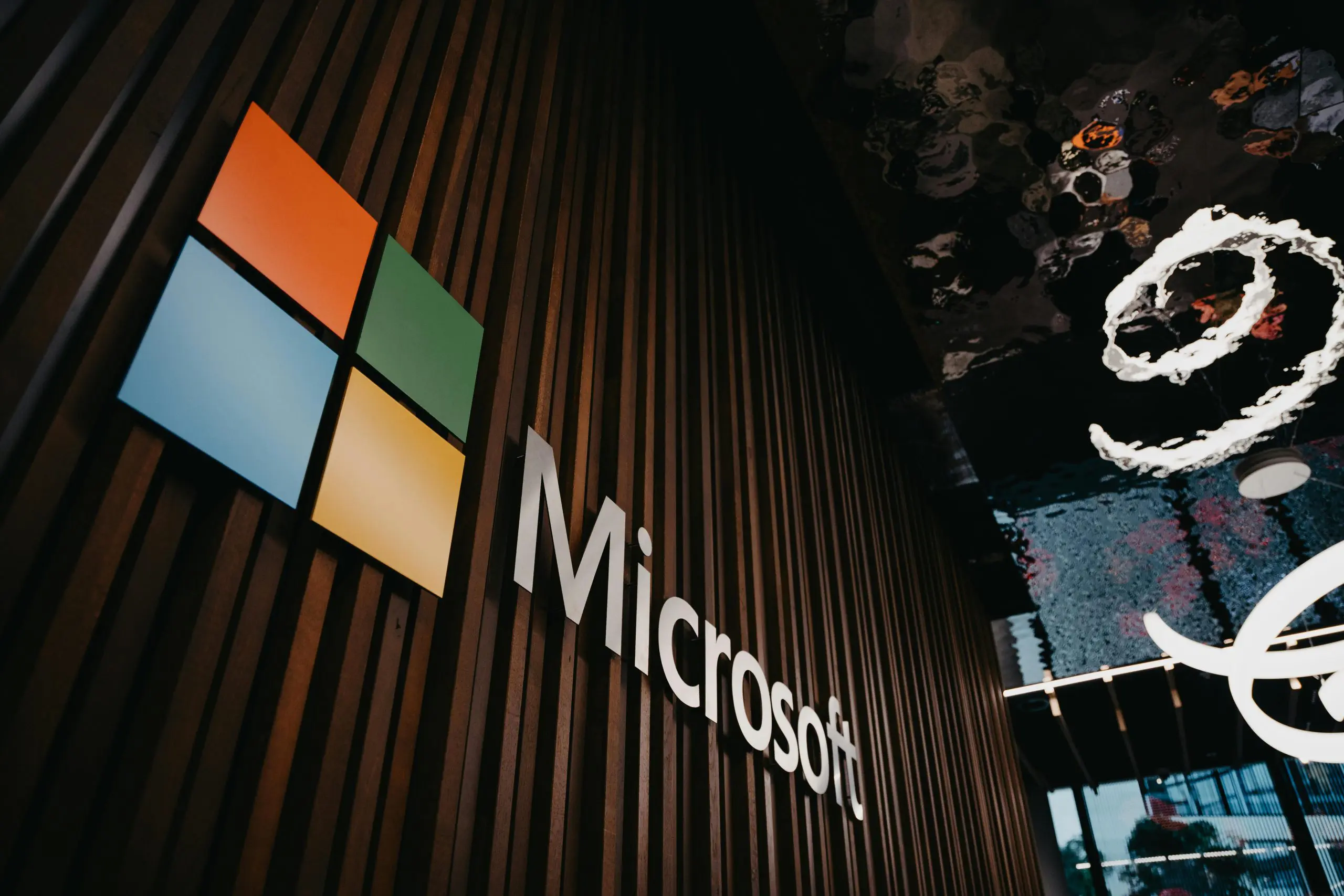Microsoft artificial intelligence (AI) chief Mustafa Suleyman declared his company will never build chatbots for romantic or erotic conversations, creating a sharp contrast with longtime partner OpenAI’s recent move to allow adult content.
“That’s just not a service we’re going to provide,” Suleyman said Thursday at the Paley International Council Summit in Menlo Park, California. “Other companies will build that.”
The statement came one week after OpenAI CEO Sam Altman announced ChatGPT would soon let verified adults access erotic content. Altman defended the decision by saying OpenAI is “not the elected moral police of the world.”
Suleyman sees things differently. He told CNN his goal is simply “to make an AI that you trust your kids to use, and that means it needs to be boundaried and safe.”
The Microsoft executive went further, calling out competitors by name. He criticized both ChatGPT’s upcoming adult features and Elon Musk’s Grok, which offers a female anime character companion.
“You can already see it with some of these avatars and people leaning into the kind of sexbot erotica direction,” Suleyman said. “This is very dangerous, and I think we should be making conscious decisions to avoid those kinds of things.”
Microsoft announced new Copilot features the same day. The company rolled out Mico, a colorful AI persona that can join calls and respond with warmth—but never romance. It is not accidental, as Microsoft wants users to know it can make AI personable without crossing ethical lines.
The two companies’ relationship has grown complicated. Microsoft invested $13 billion in OpenAI and provides cloud computing power through Azure. But OpenAI recently signed deals with Microsoft competitors Oracle and Google Cloud, while Microsoft builds its own AI tools.
However, their user numbers tell different stories. Copilot has 100 million monthly users across Microsoft’s platforms, while ChatGPT reached 800 million.
But Microsoft believes its family-friendly path will win long-term trust, especially as lawsuits pile up against other AI companies. Families have sued both OpenAI and Character.AI, claiming chatbots harmed children and contributed to mental health crises.
Suleyman frames Microsoft’s position around a core belief that AI should strengthen real human relationships, not replace them. The company even programs Copilot to direct health questions to actual doctors and encourages users to connect with real people rather than digital companions.
Whether safety or market positioning drives the decision, Microsoft has made its choice clear. While competitors explore AI intimacy, Microsoft bets that parents, schools, and workplaces will choose the assistant that knows where to stop.



















